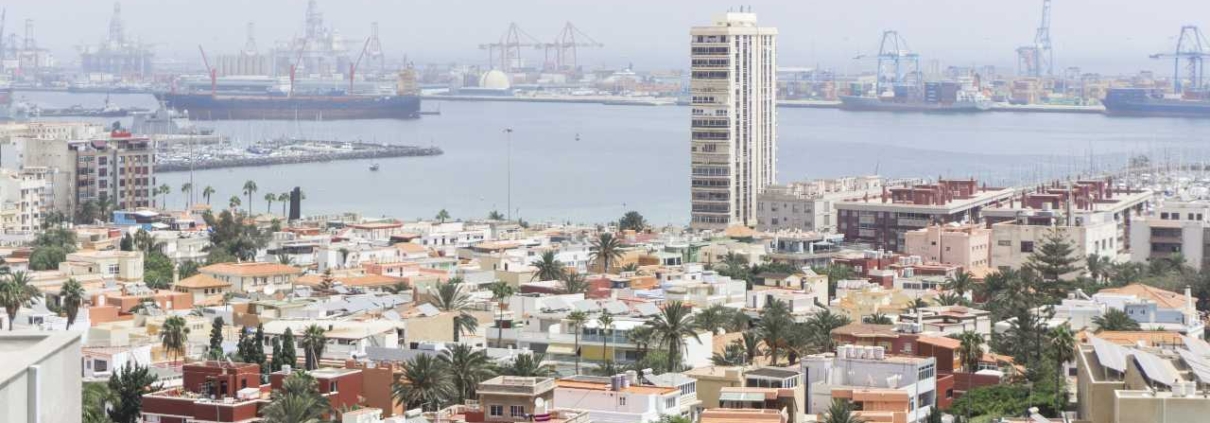Globalization is coming to an end.
Since the outbreak of the crisis in 2008, world trade has continued to shrink and it does not look like it will just recover.
With the collapse of Hanjin, international trade suddenly woke up. The South Korean giant that dominated for years and became an ‘indicator’ of international trade. Remediation in this sector is now raging in full force.
This is a strong wake-up call for international [logistics] chains. More and more products will be produced closer to the market and protectionism is increasingly emerging internationally.
The fact that globalization is on the decline is also clear from the figures from the WTO. Since 1989, world trade has grown by an average of 1.3 compared to worldwide production, to 2.6 even before the Lehman crisis. This has come to a complete standstill since 2012.
With the election of Donald Trump, the TTP [asia] treaty has already died. And given its statements and resistance in Europe, TTIP and TISA will follow soon. Politicians, under pressure from social unrest, will focus more on protecting their own labor market. Not least because of the emerging robotization that will increase the pressure on the labor market.
A little nightmare for the English. If they persevere in their Brexit, they will fall outside all major power blocs [EU-US-Russia-China] Negotiations with power blocs will therefore fall heavily on England.
The increase in protectionism will increasingly force companies to operate more locally and thus to revise their international supply chains. In addition to the trend that had started for a number of years in Backsourcing on the basis of quality and consumer preference, the costs will also increasingly play a decisive role. With current developments, the supply chains will change drastically in shape and especially in length.



